“Silence is not the absence of history, it’s a history hidden beneath shapes that must be deciphered.”
Yuri Herrera, A Silent Fury: the El Bordo Mine Fire (2018)
Translated from the Spanish by Lisa Dillman (2020)
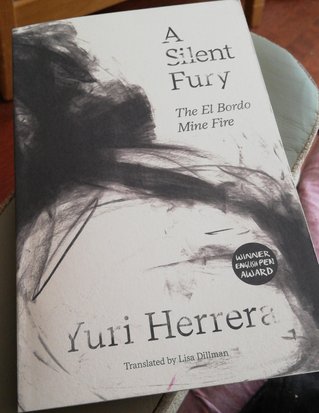
It’s July, which means Spanish Lit Month hosted by Stu from Winstonsdad’s Blog and Richard from Caravana de recuerdos. Today I’m returning to Yuri Herrera, who wrote one of my very favourite novels, Signs Preceding the End of the World. His latest book is a non-fiction account of a tragedy that took place in his hometown of Pachuca, Mexico.
On 10 May 1920, there was a fire in the El Bordo mine. After a short period of evacuation, the authorities decided there was no possibility that anyone else trapped in the mine could have survived, and the shafts were sealed. When they were reopened, 87 bodies were removed from the mine, and seven other men found in there were still alive. The subsequent report exonerated the authorities of all blame, and even suggested that the miners might have been at fault.
Herrera’s project in this book is not so much about telling the story of the fire – though he does that in part, and it’s vivid and harrowing. He is most focused on the historical documents: the case file and newspaper reports. Herrera aims to show how the victims, survivors and their families have been obscured by the official record.
Sometimes this becomes evident because the record does not acknowledge that these are human lives which were lost. Sometimes it’s the contradictions which draw the investigators’ focus into question. Sometimes people were spoken for by others, such as the female relatives who had to give statements of their relationship to the deceased in order to apply for compensation. These statements mostly “appear only in the voice of some court clerk who interprets, edits, formalizes” – and they all had to be witnessed by a man.
The English title A Silent Fury is well chosen. It appears in the text when Herrera is describing an official photograph of the survivors:
They don’t look like they just escaped from hell: their week of underground starvation is not reflected in their expressions or on their bodies, with the exception of one, the first man on the left, who seems to betray a silent fury: lips clamped together, brows arched. But, again, no one recorded what they thought or felt at that moment.
The “silent fury” is then the kind of reaction that doesn’t appear in the official record, at least not without an act of recovery like this book. It’s also there in Herrera’s writing, a controlled anger verging on sarcasm, which is one of the powerful qualities of Lisa Dillman’s translation.
In some ways, A Silent Fury reminds me of Han Kang’s Human Acts, in that both books confront the question of how to put a human disaster into words, and the implications of doing so. The resulting work brings the victims of the El Bordo fire into focus, allows them to be seen.
Published by And Other Stories.
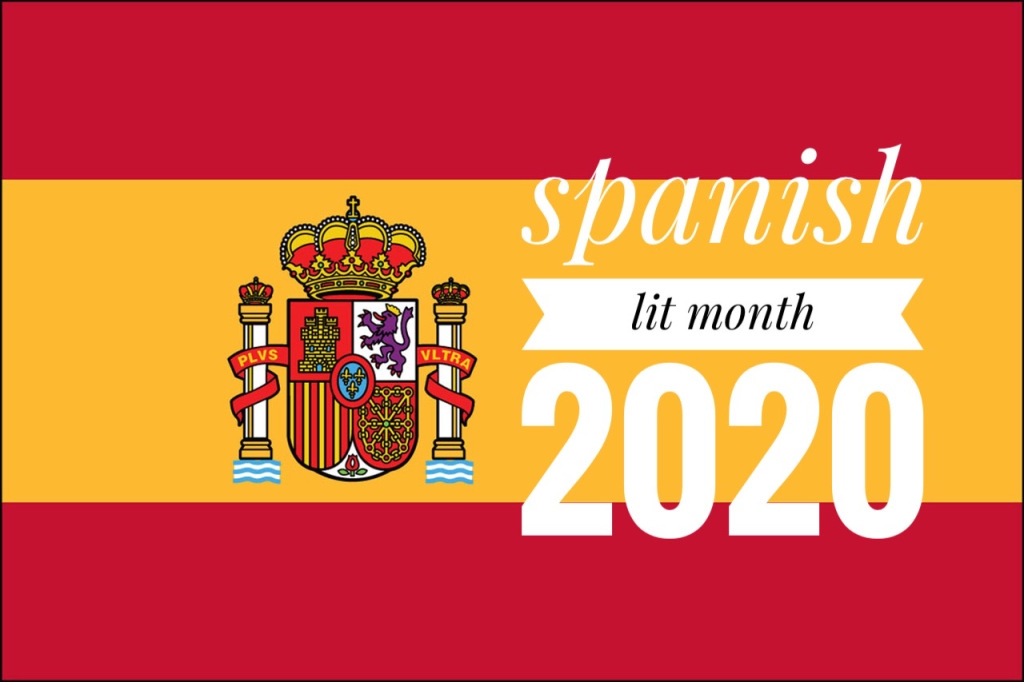
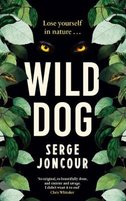
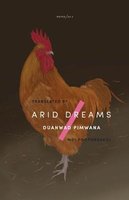
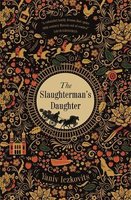
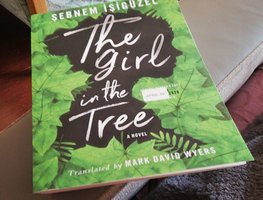
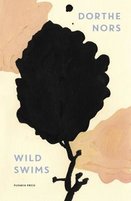
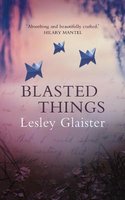
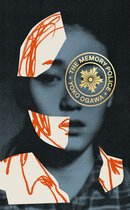

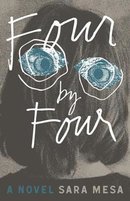

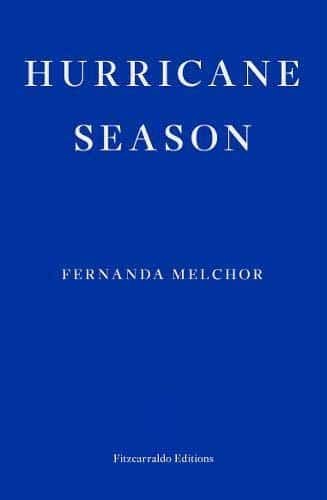
Recent Comments